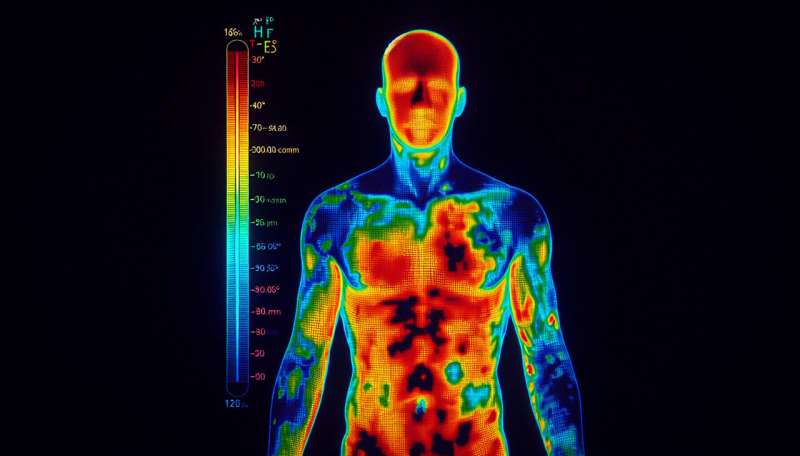A team led by QUT develops a flexible, sustainable energy solution for wearable devices and chip cooling.

A discovery by a QUT-led research team has unveiled an ultra-thin, flexible film capable of transforming body heat into electricity, potentially eliminating the need for batteries in wearable devices. The research also highlights how the technology could enhance cooling for electronic chips, boosting the efficiency of smartphones and computers.
This addresses a critical challenge in developing thermoelectric devices that efficiently convert heat into energy while maintaining flexibility. Professor Zhi-Gang Chen, who led the research, emphasized the potential for wearable electronics and thermal management systems. “Flexible thermoelectric devices can comfortably sit on the skin, leveraging the temperature difference between the human body and surrounding air to generate power,” Professor Chen explained. “This technology can also operate in tight spaces like inside mobile phones, cooling chips and improving performance.”
Despite their promise, flexible thermoelectric devices have faced hurdles such as limited flexibility, complex production, and high costs. To overcome these barriers, the QUT team developed a cost-effective process utilizing “nanobinders” that create a uniform layer of bismuth telluride sheets. This approach dramatically improves both efficiency and flexibility, making the technology scalable for commercial use.
Using a combination of “solvothermal synthesis,” screen-printing, and sintering, the researchers produced printable, A4-sized films with record-setting thermoelectric performance. This technique allows for large-scale, low-cost production and opens the door to alternative materials like silver selenide, which could offer even greater sustainability.
The study involved collaboration between QUT’s ARC Research Hub, the University of Queensland, and the University of Surrey, with contributions from experts including Professor Matthew Dargusch and Professor Gao Qing (Max) Lu. This development paves the way for sustainable energy solutions across industries, from wearables to computing.
“We’ve achieved a breakthrough in flexible thermoelectric technology with scalability and low cost, setting the stage for wearable and electronic advancements,” said Mr. Wenyi Chen, the study’s first author.






